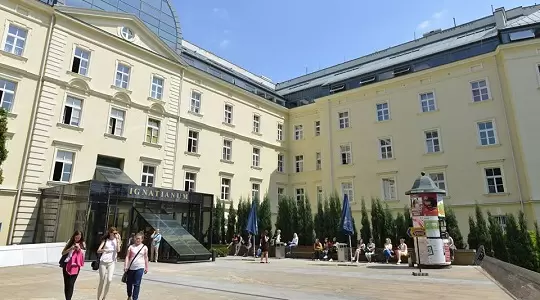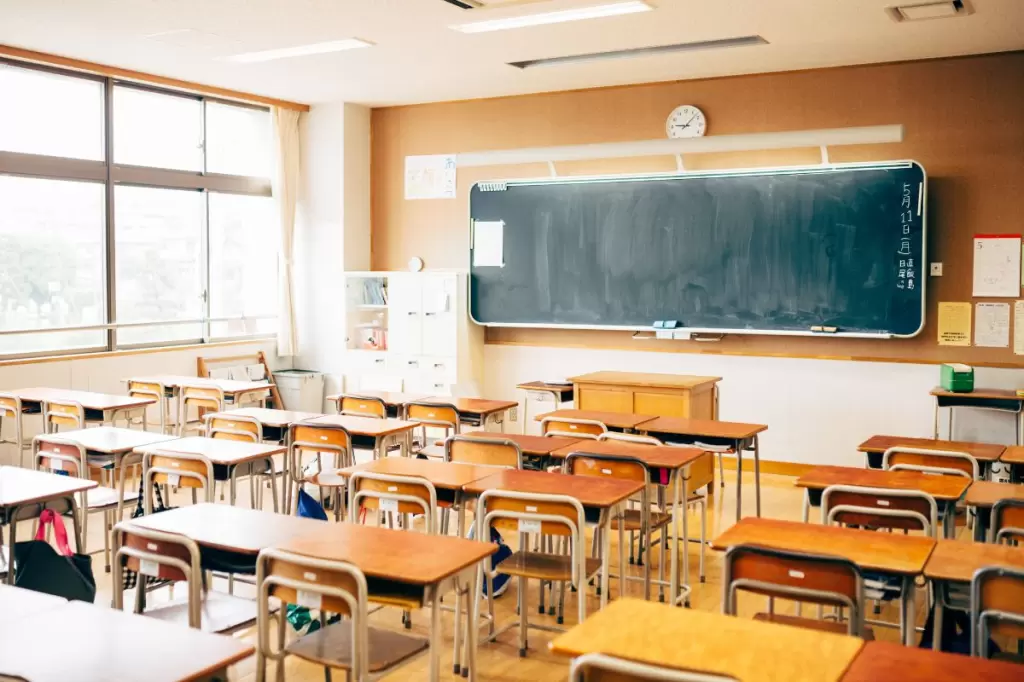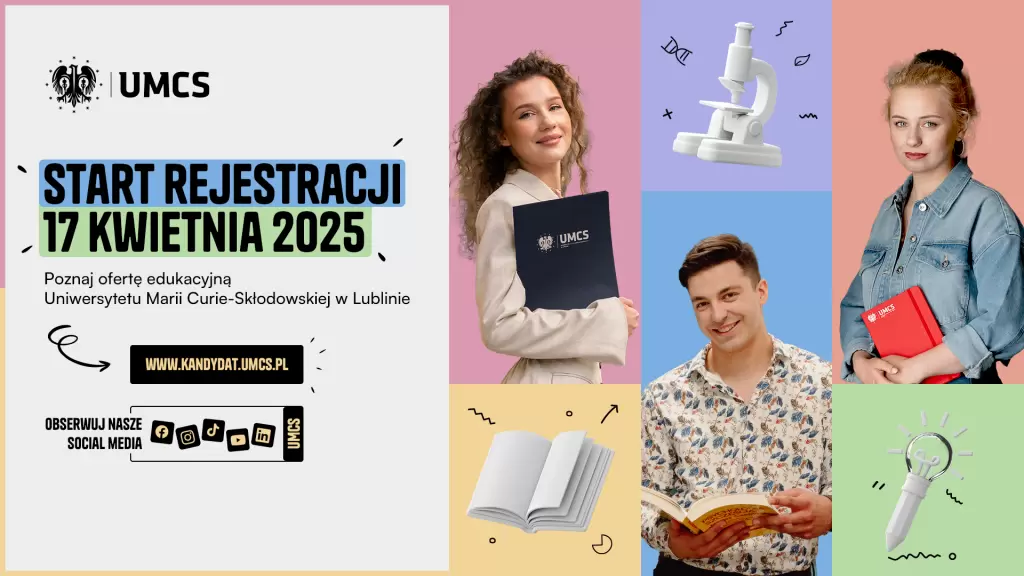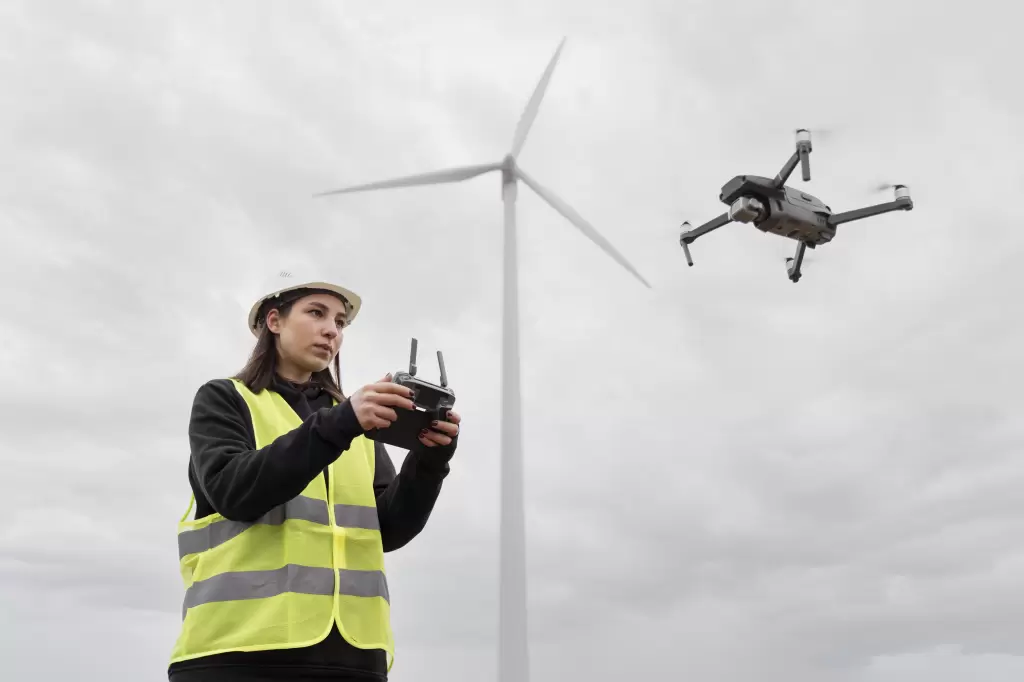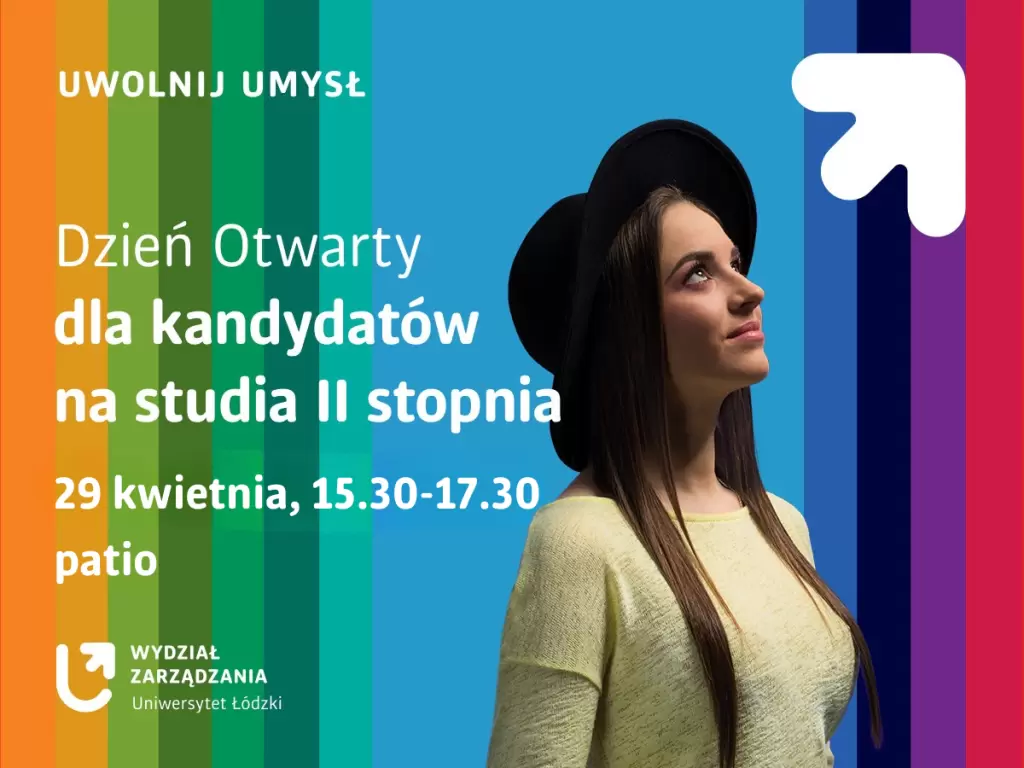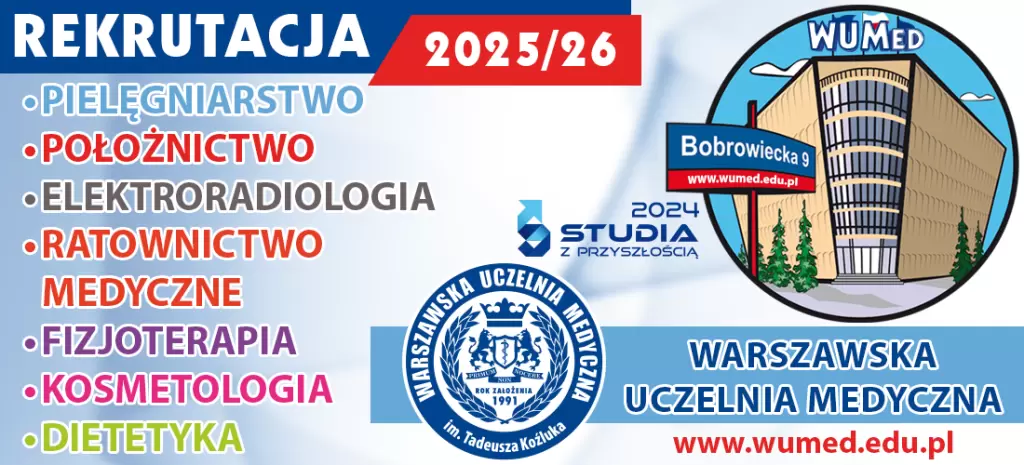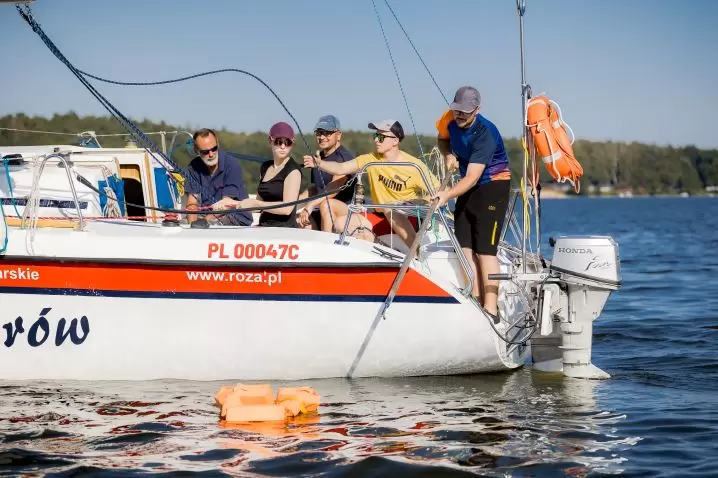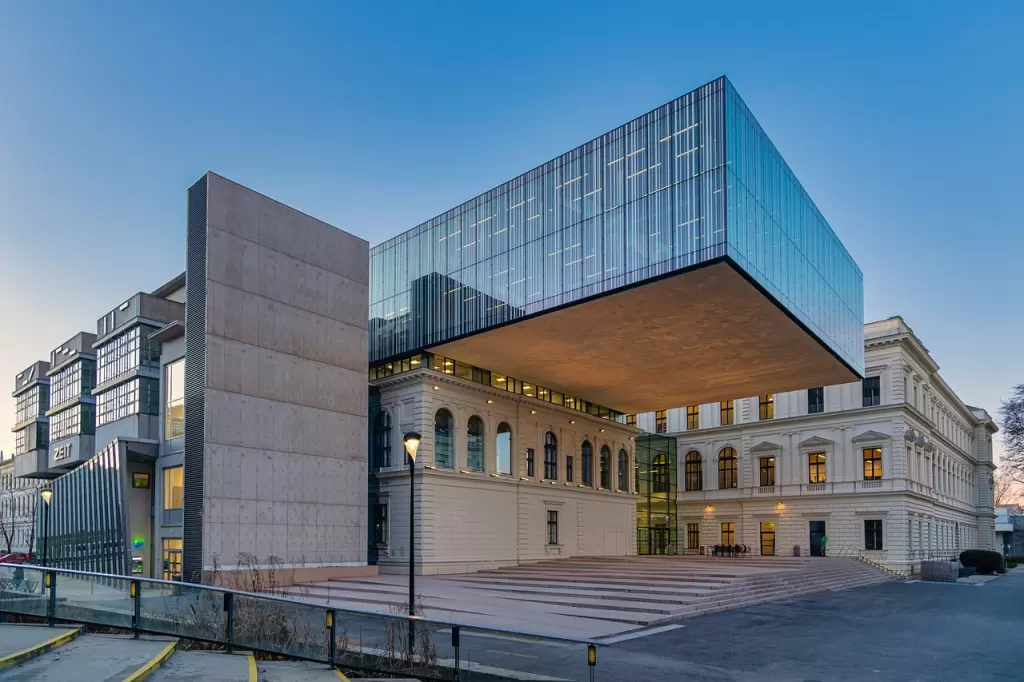WAkademii Ignatianum w Krakowie trwa konferencja poświęcona areterapii. Biorą w niej udział pionierzy arteterapii oraz światowej sławy naukowcy i terapeuci.
Celem konferencji jest wymiana doświadczeń oraz poszukiwanie nowych inspiracji do pracy naukowej i terapeutycznej w tradycji.Więcej o konferencji na stronie >>>Czym jest arteterapia wyjaśnia dr Anita Stefańska ze Stowarzyszenia Arteterapeutów Polskich Kajros: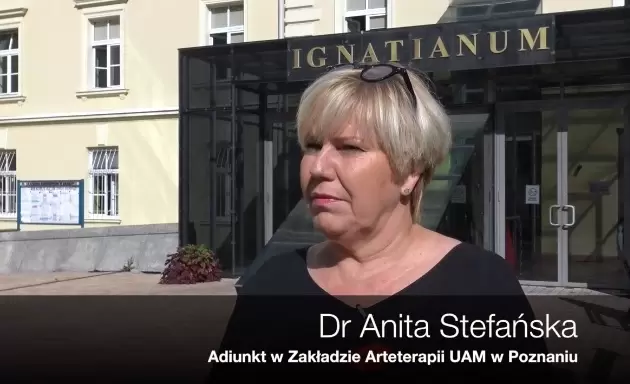
Celem konferencji jest wymiana doświadczeń oraz poszukiwanie nowych inspiracji do pracy naukowej i terapeutycznej w tradycji.Więcej o konferencji na stronie >>>Czym jest arteterapia wyjaśnia dr Anita Stefańska ze Stowarzyszenia Arteterapeutów Polskich Kajros:

